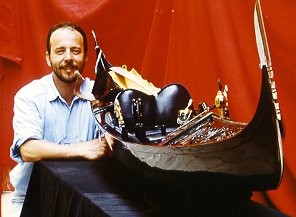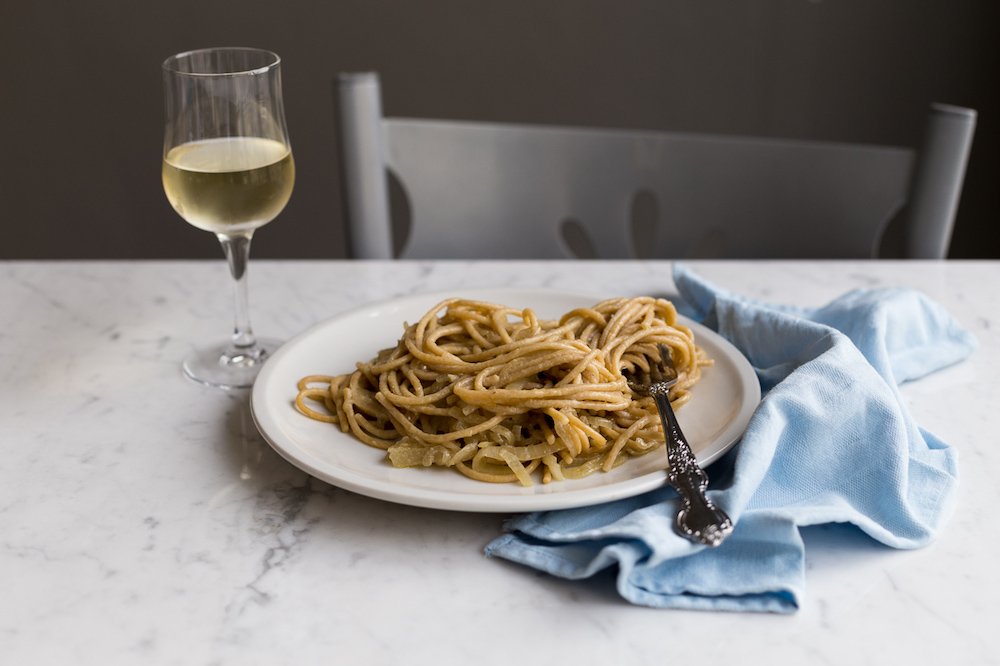If there is a tradition I got accustomed very quickly since relocating in Venice is the custom of the "ombra" (a glass of wine)....and you cannot possibly have an ombra without some cicchetti...that are small snacks or side dishes. Please do not call them "tapas"! I usually end my Venice Photo Walks with my clients in one...or two of them ;-)

Few photos form Bacari around Venice are here
The bacari, open just for lunch and dinner, are the local down to earth version of wine bars which serve 'ciccheti, a kind of snack traditionally washed down with a glass of wine, and Venetians stop to snack and socialize before and after meals.
May be would be a nice idea to write in the comments a list of YOUR favourite Bacaro!
I am working on a list of Restaurants in Venice and in the Lagoon....and is here
------------------------------------------------------------------------------------------------------------------
Cantina Azienda Agricola or Da Roberto in Rio Tera San Leonardo in Cannaregio. Very good wines and Excellent cicheti all using top products
My review
Wine 9/10
Food 9/10
Prices ££
Friendliness 9/10
Value for Money Excellent
Al Volto Calle Cavalli 4081 San Marco Venezia
Having moved not even “a ponte e una calle” from them, decided to test this Bacaro
Choice is really good as is the quality. The Risotto was out of this world!
My review
Wine 9/10
Food 9/10
Prices ££+
Friendliness 8/10
Value for Money Excellent
Do Spade Just behind Rialto Market
Sestiere San Polo 860, 30125 Venice, Italy
Another bàcaro dating back to the 15th century, Do Spade offers a great selection of traditional Venetian cicchetti in a cozy if not somewhat dark atmosphere. It is a busy little place and it is full of locals. It’s on a little calle between the Rialto Bridge and Calle dei Bottieri
My review
Wine 9/10
Food 9/10
Prices £
Friendliness 7/10
Value for Money Very Good
Ca’ d’Oro/Alla Vedova. Calle del Pistor, Cannaregio 3912. One of the most famous bàcari in Venice, this one’s both away from the city’s crowds and on the cheap (€1) end of things, ideal if you’re on a budget. Don’t miss the polpette, meatballs made of pork.
My review
Wine 8/10
Food 9/10
Prices £
Friendliness 6/10
Value for Money Brilliant
Osteria Al Portego. Calle della Malvasia, Venice, Italy The place is tuck away in a quiet area near S Lio and the Ponte delle Paste. It is owned by a group of young guys. Cicchetti are nice and really fresh, wine is good and staff is very courteous. My only remark is that the prices are on the expensive side if you seat at a table, May just be me...I am used to drink on the other side of Rialto!
My review
Wine 8/10
Food 810
Prices ££
Friendliness 8/10
Value for Money Ok (I suppose)
Do Mori. Sestiere San Polo 429, Calle dei Do Mori. Myth has it that Casanova frequented this bàcaro, also near the Rialto Bridge. Even if he didn’t, it’s still thought to be the oldest in Venice, dating back to 1462. Ask for the “francobollo” (postage stamp)—a tiny sandwich with various fillings, it’s the house specialty.
My review
Wine 7/10
Food 7/10
Prices £+ (Polpette are quite expensive)
Friendliness 7/10
Value for Money Good
Cantinone–già Schiavi. Ponte San Trovaso, Dorsoduro 992. This family-run bàcaro, located across from a gondola workshop, boasts raw fish, meats, more than 30 wines available by the glass, and much more. Crowded with Venetians in the evening!
Al Ponte. Calle Larga Giacinto Gallina. One of the cheapest bàcari—and, therefore, places to eat—in all of Venice, Al Ponte has pasta and fish plates and a welcoming atmosphere.
Banco Giro. Campo San Giacometto, San Polo 122. A Grand Canal view, a variety of cheeses, fish, and wine, and a lively atmosphere. What’s not to like?
All’Arco. Calle Arco, San Polo 436. Another one of Venice’s most-loved spots, All’Arco, near the Ponte Rialto, is packed at lunchtime with shoppers from the local fish market. Everything from calamari to liver to shrimp is on offer, and if it’s available, don’t miss the hot sandwich of boiled beef sausage and mustard.
My review
Wine 9/10
Food 9/10
Prices £
Friendliness 9/10
Value for Money Excellent
Osteria La Ciurma Calle Galeazza, Venice, this is a nice little wine bar on a quiet alleyway a short distance from the Rialto Mercato vaporetto stop. Wines are very drinkable and mostly 2 Euros per glass; some less, some a little more. Food offerings are tasty morsals from 1.30 Euros. A great place for a drink among neighborhood people.
My review
Wine 9/10
Food 9/10
Prices £+
Friendliness 9/10
Value for Money Very Good
Osteria Ai Osti Sestiere Cannaregio, 3849 Strada Nuova, Venice, A really welcoming ( I think family run) tiny restaurant with no frills but full of real Venetian character. Great traditional food and a good chance to meet the locals
My review
Wine 7/10
Food 7/10
Prices £+
Friendliness 7/10
Value for Money Very Good
Diavolo e Acquasanta San Polo 561b, Venice, Italy, Located a few steps away from the more famous restaurant "alla Madonna", this tiny Osteria is geared toward locals rather than tourists. Do not expect upscale atmosphere, or welcoming nice english-speaking waiters. But if you go beyond the unpretentious appearance and the rough manners, you'll find some genuine home-style food, priced below the Venetian average.
My review
Wine 8/10
Food 8/10
Prices £+
Friendliness 8/10
Value for Money Very Good
Al Vecio Penasa (not even worth my proper review!)
If they think you are a tourist...they will try to hit you nicely. Been twice and will never get there again. I am Italian but from a different area so the accent is different... both times they charged me the wrong amount. First time was 2 Euros out of 5 E!!! Today they asked me if I wanted a Tramezzino and Wine at the table and I said NO still they tried to charge me the price of table service. NOT nice at all Tramezzini can be nice but do not want to be taken for a ride!
 s, and - in ideal cases - the direct measurement of intact boats, are the sources which allow the author to reconstruct their forms and the construction methods used. These have given rise to a series of books, construction plans, models for museums and private collections, restorations ans reconstructions of boats.With a group of friends who share the same interest, he founded the association Arzanà in 1992 which specializes in the study and conservation of historical Venetian boats.
s, and - in ideal cases - the direct measurement of intact boats, are the sources which allow the author to reconstruct their forms and the construction methods used. These have given rise to a series of books, construction plans, models for museums and private collections, restorations ans reconstructions of boats.With a group of friends who share the same interest, he founded the association Arzanà in 1992 which specializes in the study and conservation of historical Venetian boats.



















 Here are a few of the shops which specialize in "vino sfuso", most of which I think are still active:
Here are a few of the shops which specialize in "vino sfuso", most of which I think are still active:























